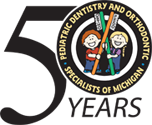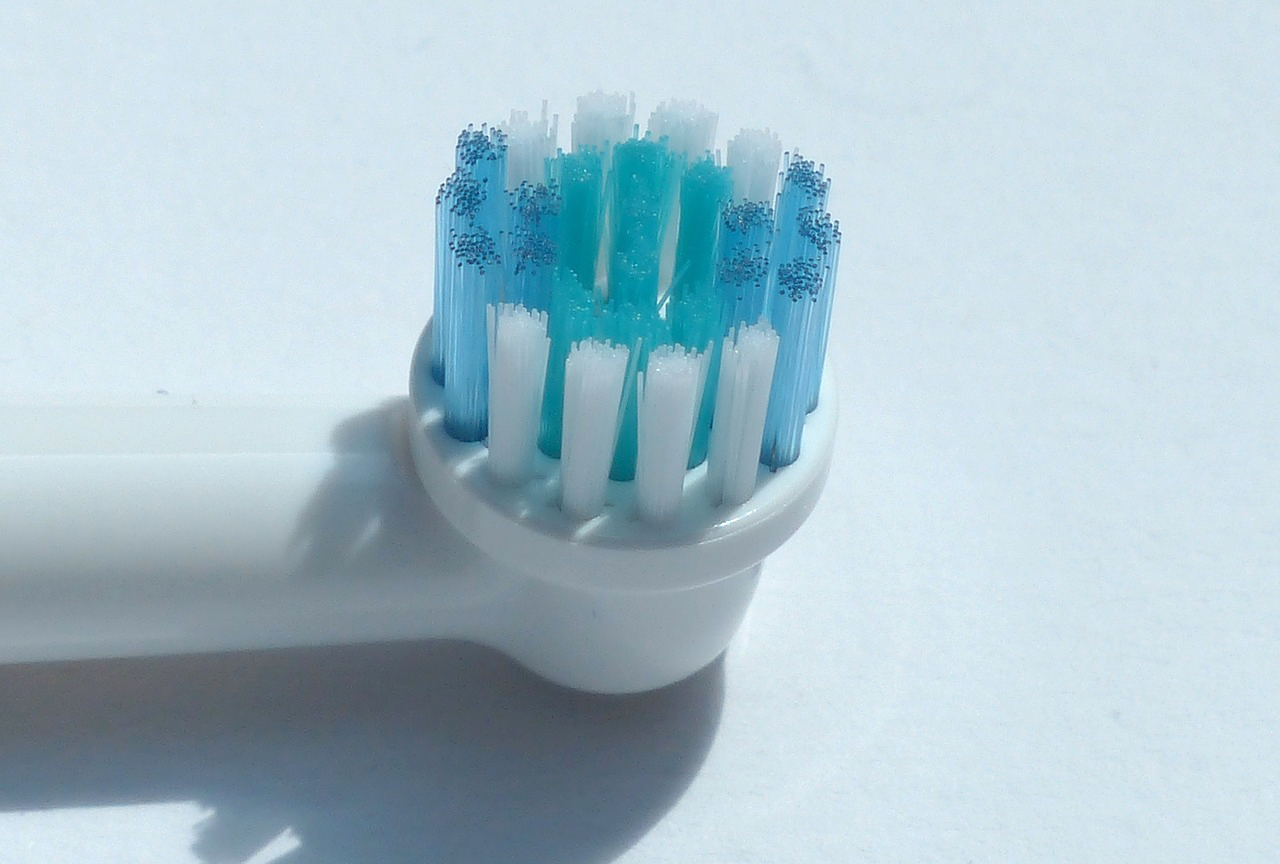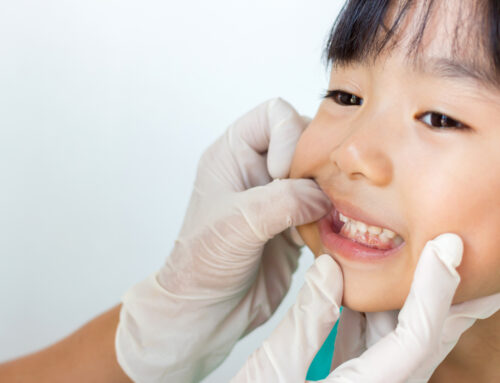Manual toothbrushes are still used by the majority of the population and have many special features like built in tongue scrapers and rubber bristles designed for massaging gum tissues. These features are not found on the replaceable heads of their electric counterparts. There are, however, a number of design features common to electric toothbrushes today that can make them more appealing than using the old hand driven manual toothbrush. This is especially true for our patients who are unable to clean their teeth properly (due to immaturity, developmental delays, or from any number of conditions that may effect dexterity).
At Pediatric Dentistry and Orthodontic Specialists of Michigan, we recommend a toothbrush according to your child’s developmental status and needs. The manual toothbrush has come a long way, and when used properly, is more than capable in maintaining healthy teeth and gums. But, you may consider some of the benefits of the right electric toothbrush for your older child, especially if they struggle with hygiene or are wearing braces.
The Benefits of Manual Toothbrushes
They’re cheap: That’s why no one has an excuse of not brushing. Electric toothbrushes are investments and they can be given to kids old enough to take care of them. Aside from the toothbrush itself, the replacements brush heads also cost a chunk of change.
They’re also dentist-recommended: When parents don’t want electric toothbrushes, we still have plenty of manual toothbrushes we can recommend. Manual toothbrushes now range from simple, basic ones to more precision brush heads with special add-on features like gum stimulators, different length bristles for reaching hard-to-get-to areas, and tongue scrapers.
They’re travel-friendly: Your child can bring a toothbrush to school, to camp, to practice, to sleepovers, without the worry of damaging or losing expensive electric brush.
Kids love them. Manual toothbrushes have many colors and characters on the handle, which kids definitely gravitate to. They also don’t have overwhelming sound or force for young children.
They aren’t misleading: Some battery powered electric toothbrushes are marketed like they will clean like one of the sonic electric toothbrushes. Our take: don’t waste your money. These heavy, unwieldy and expensive brushes aren’t worth a dime. They don’t vibrate fast enough to do a great job on their own and kids often just hold them in their mouths under the impression it is doing it for them. In reality, without sonic agitation, this slow rotary brush actually performs worse than a good ol’ fashioned hand driven manual brush.
The Benefits of Electric Toothbrushes
Helps with sensitivity: It helps people with gingivitis or sensitive gums because of plaque prevention and the softer pressure applied to the teeth and at the gumline. Some models even display a red light when you’re using too much pressure.
Better plaque removal and gingivitis reduction: Studies found that electric toothbrushes reduced gingivitis 11% more than a manual. Electric toothbrushes penetrate deeper into the gumline and between teeth through their sonic, pulsing action. Electric toothbrushes knock away plaque before they can build up and turn into tartar as studies found electric toothbrushes reduce dental plaque by 21% more than manual does
Easier for patients with braces or dexterity issues: All you have to do is move the brush from tooth to tooth and angle the brush head and the sonic pulses from the high-quality, sonic toothbrush (like an Oral B or Sonicare) will clean away most plaque from hard to reach areas
General Brushing Tips
Avoid too much brushing
Like all things, too much of a good thing can be bad. Too much brushing with manual or electric toothbrushes can wear away enamel. Even worse, if you have any gum recession and exposure of softer root material, too much brushing can create deep gouges into teeth.
Avoid brushing when you or your child has had sugar or something acidic like citrus, tea, coffee, soda, or candy. Wait 30 minutes before brushing to give your saliva time to neutralize the acid. Brushing too soon can lead to acid erosion as the enamel surface is already softened from the exposure to acid.
Bottom Line: How to Choose
It comes down to what your child will use. If your child doesn’t want to use an electric (Because it “feels weird, tickles, or doesn’t have any fun colors”) the electric toothbrush is stripped of any competitive cleaning advantage it may have. The same applies to a manual toothbrush that a child doesn’t like to or has difficulty using.
In essence, we feel the best toothbrush on the planet is the one that’s being used 3 times a day.
The best way to go about it is to ask your dentist for recommendations. We can let you know if an electric toothbrush would possibly benefit your child or if sticking with the tried-and-true manual brush is still the best course of action.
Ask your dentist about the best kind of electric toothbrush for your child.
There are quite a few kinds out there. We’d be happy to answer your questions about what style or brand of electric toothbrush might be best for you or your child.
About Pediatric Dentistry and Orthodontic Specialists of Michigan, the offices of Drs. Plunkett, Ralstrom, Makowski, Thanasas, Ker, and Associates
Pediatric Dentistry and Orthodontic Specialists of Michigan have specialized in pediatric dentistry and orthodontics since 1968. Our family-friendly and newly renovated office gives patients and families a more comfortable and consistent experience with dentistry from the very beginning. Our pediatric dentists treat children from newborn to 18 years of age while our orthodontists provide care for both children and adults and are proud to be Premier Providers of Invisalign and Invisalign Teen services. The ability to treat all patients with compassion and individuality, including those that may have special needs reaches beyond our facility, which has treatment rooms available for children who require additional privacy and customized care options. We pioneered valued hospital affiliations to allow dental services to be performed at DMC Children’s Hospital and St. John Macomb Hospital, when appropriate or necessary, and our specialists are also proud to be on staff at Henry Ford and Beaumont hospitals.





